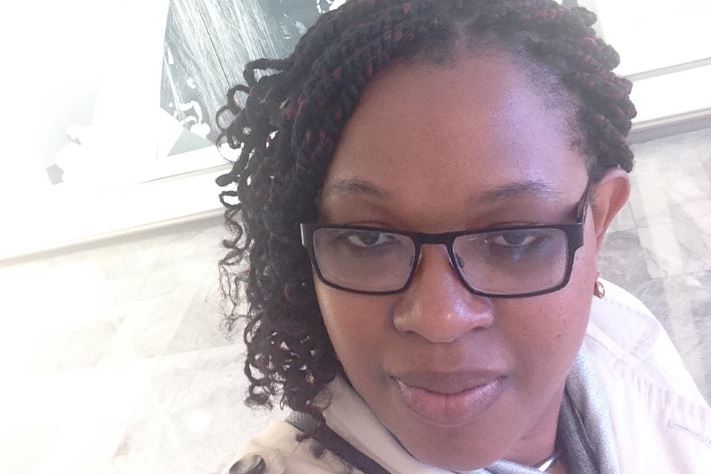23rd August 2017
In support of Health Visiting Week (#HVWeek), and with part of today’s theme being around the health conversation, a blog by Donna Wenisuh, Health Visitor at Evelyna London, on the importance of building a relationship in client care and establishing health visiting as a non threatening service.

Donna Wenisuh, Health Visitor, Evelyna London
While at baby clinic, I saw a client of mine who I had built a good working relationship with. Her baby, at the time, was 8-months old. Due to our long-standing relationship, she excitedly informed me of her new purchase of a sit-in baby walker and she was keen to start using this device as soon as possible.
I discussed with her and encouraged her that this particular item may not be the best for her child to use, as it has been seen to encourage toe-walking in children – and, in particular, for her son as he had the condition Talipes and was in the process of undergoing operations which would include him having to have a cast and then progress to him wearing a correcting boot on one of his feet for long periods of time. I encouraged her that this device would not be particularly good for him as his feet-positioning was in the process of being corrected.
At my next contact with the family, mother had heeded my advice and had returned the round walker and purchased a push-along walker as advised, which baby was using effectively. She further gave feedback about her son’s physiotherapist being surprised and impressed about the advice I had given.
My first thought was “could I get that in writing from the mother and physiotherapist about my practice and use that as a piece for revalidation?”
However, upon careful reflection, there were a few things I noted.
I reflected that every health visitor should have been able to give that same advice and that I was fortunate enough to be the one to give this advice – purely because I had built a good relationship with this mother and that, when she came into clinic on that day, I made her feel welcome. She was able to speak to me not just about her baby’s wellbeing but also about what she was excited about at that particular time.
I feel that this may not have been possible if there was no relationship between mother and myself. If she had walked into the clinic room and seen another health visitor or member of staff who was not aware of her previous concerns or history, she may may not have talked about that purchase and perhaps she would have talked to her physiotherapist about the purchase on her next contact and perhaps not.
The propensity of the articles online to see health visiting as a surveillance-type service, and see health visitors as a judgemental set of professionals with a direct link to social services, makes it seem as if parents would only come to you if they felt that there was a problem that needed to be solved. There is a need for health visitors to raise the profile of our profession to help the public see and understand that health visitors are public health nurses and that is what we do, public health.
There is further need for other professionals to know and understand what we do as health visitors, so we can have better working relationships.

